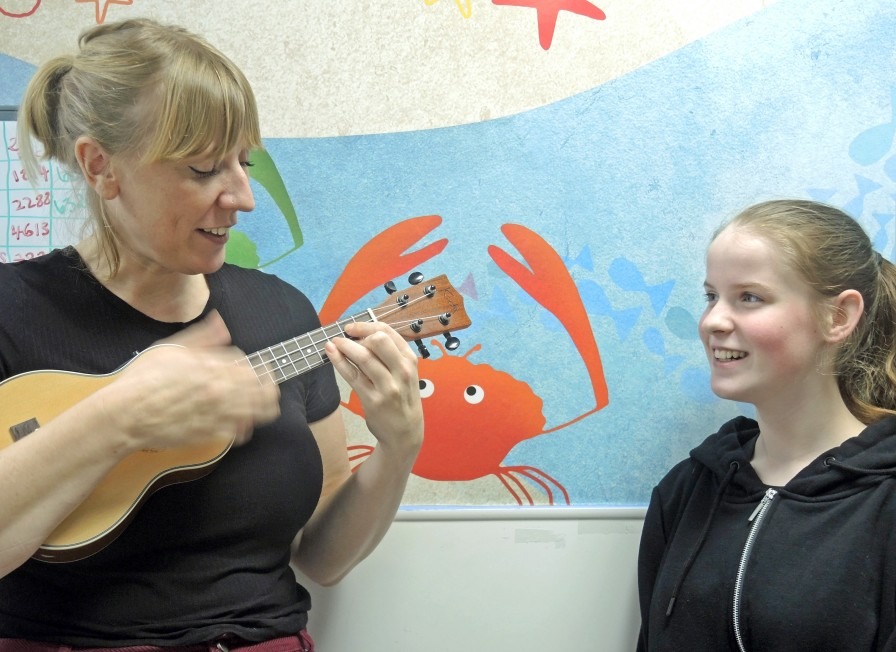What hardship funds are currently available to music freelancers?

What financial support is available to freelancers working in music education who have lost income as a result of Coronavirus? We thought it would be useful to collate a list of key funders, information on funding available and their eligibility criteria.
Arts Council England
Current details of emergency measures and funding can be found here, to summarise there will be grants of up to £2,500 available for artists, creative practitioners and freelancers (music, theatre, dance, visual arts, literature, combined arts, museums practice). This includes music educators:
- Two funding rounds (first deadline 16 April, second 30 April), then decisions will be made 2-3 weeks after deadline.
- It includes producers and educators.
- You need to have a track record working in the publicly funded culture sector.
- You need to earn 50% or more of income from freelance work.
- Supports activity/equipment to help sustain practice and continue work; time for people to stabilise, think and plan for the future.
- Can support loss of income, purchase of additional equipment, with no expectation of creative outputs.
- Disabled practitioners can apply for up to £3k (£500 of additional costs related to your disability).
Arts Council England is also providing funding to Help Musicians UK (see below) to cover technical workers and professional performers – but you cannot apply to both.
AIM (Association of Independent Music) Crisis Fund
The AIM crisis fund is open to any contractors due to work with new and developing artists currently signed to AIM member labels who have lost committed income because of cancelled artist projects and do not qualify for other hardship funds on offer.
- Up to £1,000 per person. They have a £500,000 fund to start with.
- Workers include the likes of tour crew members, producers, engineers, radio pluggers, graphic designers, stylists, publicists.
- To qualify for support, workers must be self-employed contractors or be the sole employee of their own loan-out company and not be currently benefiting from any other music industry COVID-19 support scheme.
- They also need to be nominated by their employing artist’s AIM member label, and will be required to submit confirmatory back-up information.
- AIM member labels will invite signed artists and their managers to nominate candidates to be pre-approved on this basis.
- Qualifying workers will receive up to 80% of their lost committed income from the project to a maximum of £1,000 and payments will be made immediately on approval directly into workers’ bank accounts. Priority will be given to UK and Ireland nationals and residents.
PRS for Music
PRS have announced an emergency relief fund providing grants of up to £1,000 based on assessment of individual need. It is open to all PRS members around the world who:
- Have been a member for at least two years;
- Have earned over £500 of PRS royalties in the last two years.
There is also a Composers Fund, the Hitmaker Fund and the Sustaining Creativity Fund via PRS Foundation which could be useful to look at if relevant.
Help Musicians UK
Help Musicians have launched a £5 million Coronavirus financial hardship fund, eligible musicians are able to apply for a one-off payment of £500 through an online form. Musicians will be eligible to apply if they are:
- In immediate financial difficulty due to Coronavirus;
- Aged over 18;
- Actively performing music, creating music or undertaking a role that requires a high level of musical skill required;
- Self-employed or currently unemployed;
- Earn more than 50% of income from music;
- Have less than £5,000 in savings;
- A UK resident;
- Applying for the first time and only application to the financial hardship fund;
- Able to provide evidence relating to the criteria above if requested.
Details about the Transmission Fund (£500-£1,500) and the Do It Differently Covic-19 Round Fund (up to £3,000) can be found too.
The Musicians Union
The MU has a Coronavirus Hardship Fund consisting of £1 million for MU members with 'genuine and pressing hardship'. The fund would offer a maximum of £200 while they monitor the level of applications and is open to any current member who:
- Has been in continuous membership of the MU for the last twelve months or more;
- Is currently paying the full MU membership subscription rate;
- Is a UK resident;
- Is suffering genuine hardship from loss of work due to the Coronavirus pandemic;
- Has not already successfully received a payment from the MU Coronavirus Hardship Fund.
Coronavirus self-employment income support scheme
The Government package to support self-employed people who have lost earnings as a result of coronavirus. Key points to note:
- To be eligible, more than half of your income needs to come through self-employment and you need to have a full year of accounts;
- If you have a trading profit of £50,000 or less, you can claim a taxable grant worth 80% of your average monthly profits up to a maximum of £2,500;
- Payments won't be made until June 2020. They will cover an initial three-month period;
- HMRC will identify who is eligble and invite applications.
How to access government financial support if you or your business has been affected by COVID-19 - useful document.
Incorporated Society of Musicians (ISM)
The ISM is keeping this page updated about what the latest government announcement means for freelance musicians.
Advice and support
Corona advice for musicians has been created to be a central source of support and advice.
If you've heard of other funds and have any advice for self-employed/freelancers in our sector, do comment below! There's is also this hugely comprehensive list.

